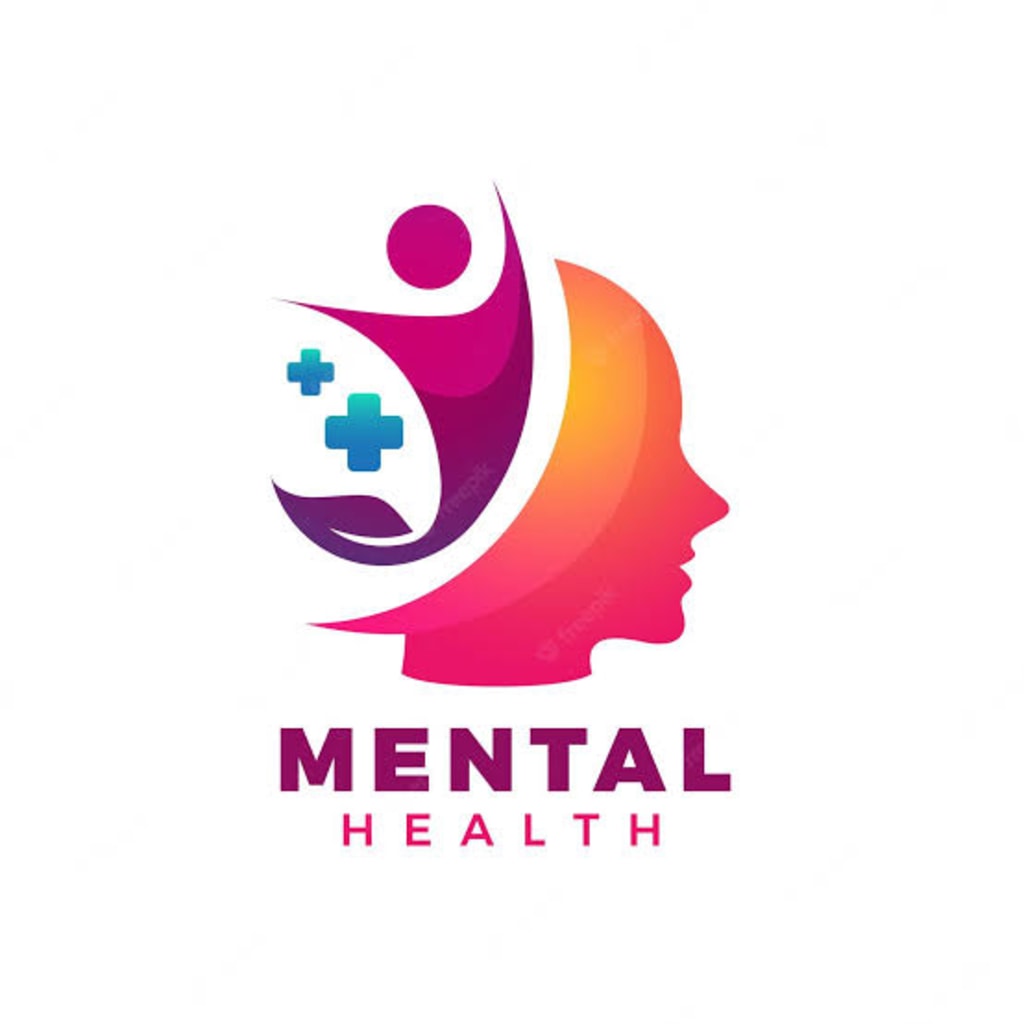
Mental health and wellness are essential for overall well-being and a fulfilling life. Here are some content topics related to mental health and wellness:
1. Coping with anxiety: Anxiety is a common mental health concern, and many people are looking for ways to cope with it. You could write about strategies for managing anxiety, such as mindfulness techniques or therapy.
2. Overcoming depression: Depression can have a significant impact on a person's life, and many people struggle with it. You could write about ways to overcome depression, such as self-care practices, medication, or therapy.
3. The benefits of exercise for mental health: Exercise is not only good for physical health but can also have a positive impact on mental health. You could write about the benefits of exercise for mental health, such as reducing stress and improving mood.
4. Managing stress: Stress is a common experience for many people, and it can have negative effects on mental health. You could write about strategies for managing stress, such as meditation, exercise, or time management.
5. The importance of self-care: Self-care is an important practice for maintaining mental health and well-being. You could write about the importance of self-care and provide tips for practicing self-care regularly.
6. Understanding and managing PTSD: PTSD is a mental health condition that can occur after a traumatic event. You could write about understanding and managing PTSD, including treatment options and coping strategies.
7. The benefits of therapy: Therapy can be a valuable tool for improving mental health and well-being. You could write about the benefits of therapy, the different types of therapy available, and how to find a therapist.
By writing about these mental health and wellness topics, you can provide valuable information and resources for readers who may be struggling with mental health concerns or looking to improve their overall well-being.
Coping with Anxiety
Anxiety is a common mental health concern that can impact a person's daily life. Here are some tips and strategies for coping with anxiety:
1. Practice mindfulness: Mindfulness techniques, such as meditation and deep breathing exercises, can help reduce anxiety symptoms by promoting relaxation and reducing stress.
2. Stay active: Regular exercise can help reduce anxiety symptoms by releasing endorphins, which are natural mood boosters. Consider incorporating activities such as yoga, running, or walking into your routine.
3. Avoid caffeine and alcohol: Caffeine and alcohol can increase anxiety symptoms, so it's best to limit or avoid these substances if you are prone to anxiety.
4. Practice self-care: Taking care of yourself can help reduce anxiety symptoms by promoting relaxation and stress reduction. Consider activities such as taking a warm bath, reading a book, or listening to calming music.
5. Seek support: Talking to a trusted friend or family member about your anxiety can provide a sense of relief and support. You may also want to consider therapy or support groups for additional help.
6. Identify triggers: Understanding what triggers your anxiety can help you avoid or manage those situations. Consider keeping a journal to track your anxiety symptoms and identify patterns or triggers.
7. Challenge negative thoughts: Negative thoughts and self-talk can contribute to anxiety. Try to identify and challenge negative thoughts by reframing them in a more positive or realistic light.
Remember that coping with anxiety is a process and may require a combination of strategies. It's important to seek professional help if your anxiety is impacting your daily life or if you are having trouble coping on your own.
Overcoming depression
Depression is a mental health condition that can impact a person's mood, thoughts, and daily life. Here are some tips and strategies for overcoming depression:
1. Seek professional help: Depression is a serious condition that often requires professional treatment. Consider talking to a mental health professional, such as a therapist or psychiatrist, about your symptoms and treatment options.
2. Practice self-care: Taking care of yourself can help improve your mood and reduce symptoms of depression. Consider activities such as exercise, healthy eating, getting enough sleep, and practicing relaxation techniques.
3. Connect with others: Social support is important for overcoming depression. Consider reaching out to friends and family members, or consider joining a support group.
4. Challenge negative thoughts: Negative thoughts and self-talk can contribute to depression. Try to identify and challenge negative thoughts by reframing them in a more positive or realistic light.
5. Set achievable goals: Setting and achieving small goals can provide a sense of accomplishment and help improve your mood. Start with small tasks such as doing the dishes or taking a short walk, and gradually work your way up to larger goals.
6. Stay active: Regular exercise can help improve mood and reduce symptoms of depression. Consider incorporating activities such as yoga, running, or walking into your routine.
7. Practice gratitude: Focusing on the positive things in your life can help improve your mood and reduce symptoms of depression. Consider keeping a gratitude journal or writing down three things you are grateful for each day.
Remember that overcoming depression is a process and may require a combination of strategies. It's important to seek professional help if your depression is impacting your daily life or if you are having trouble coping on your own.





Comments
Ravi is not accepting comments at the moment
Want to show your support? Send them a one-off tip.